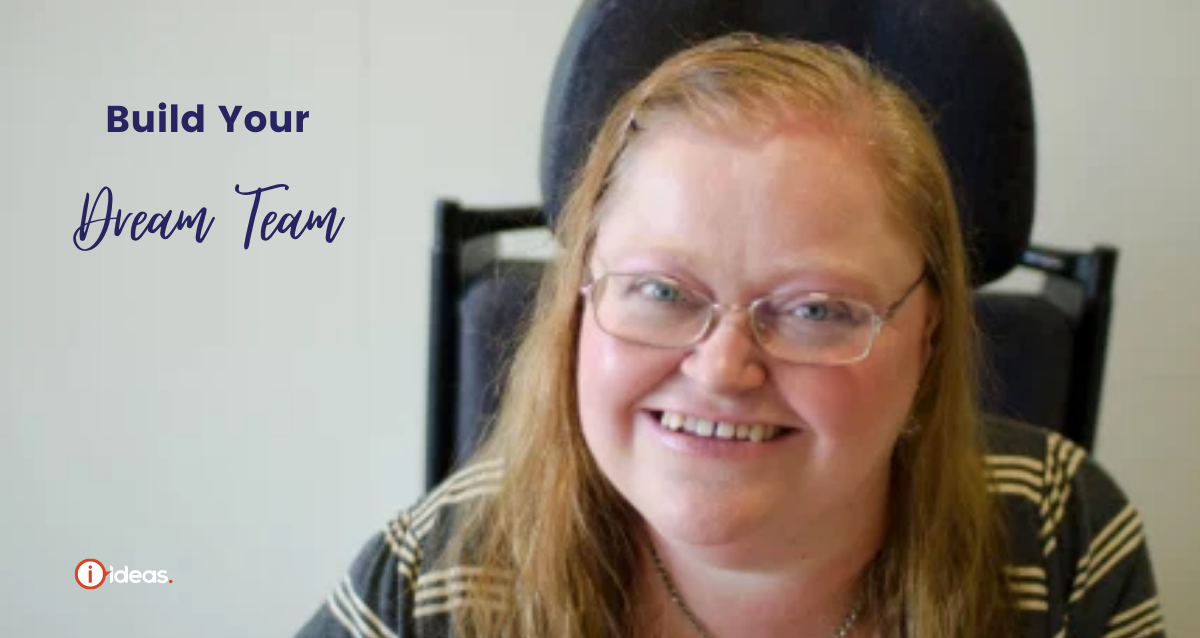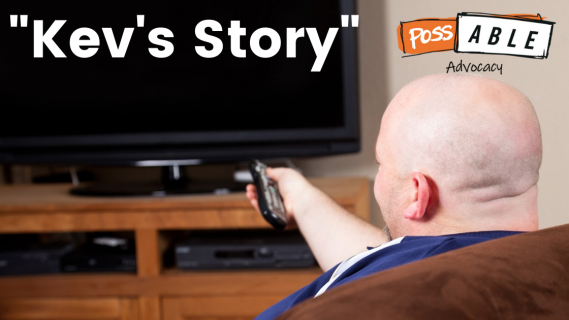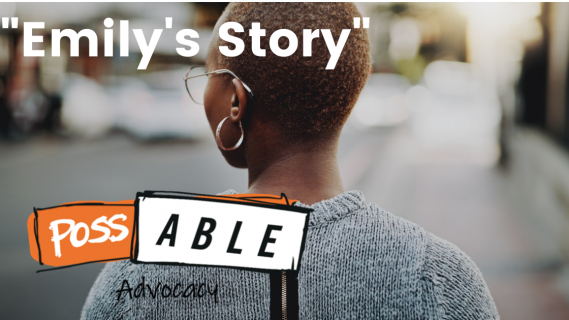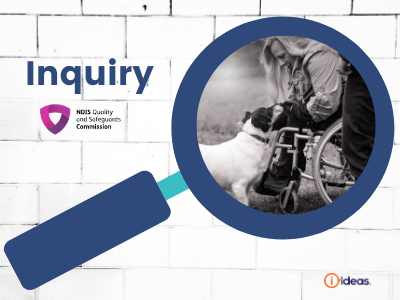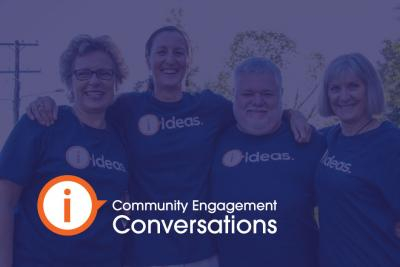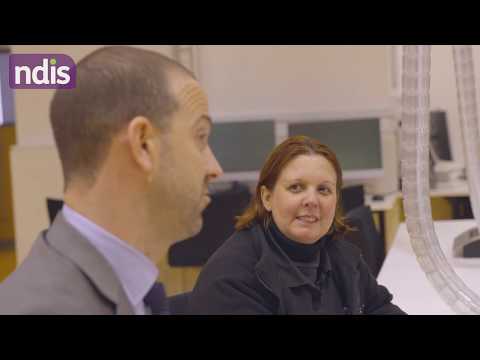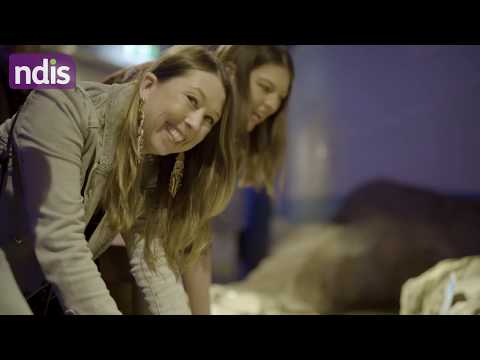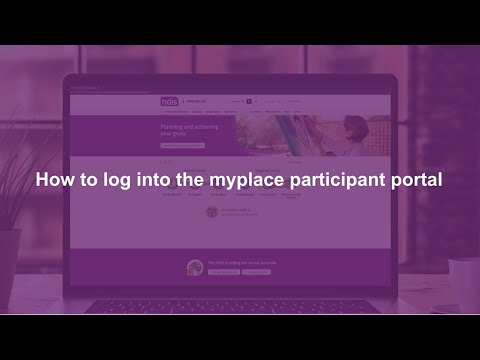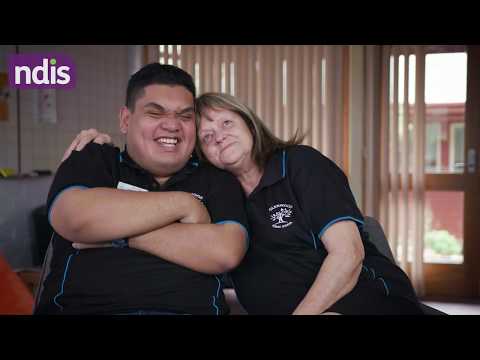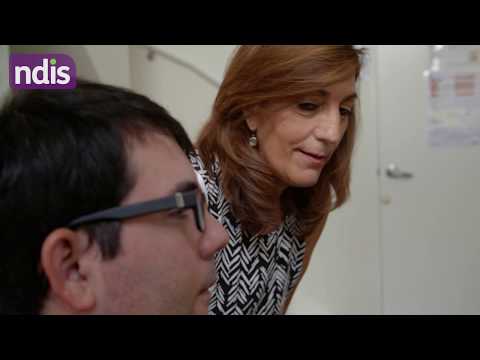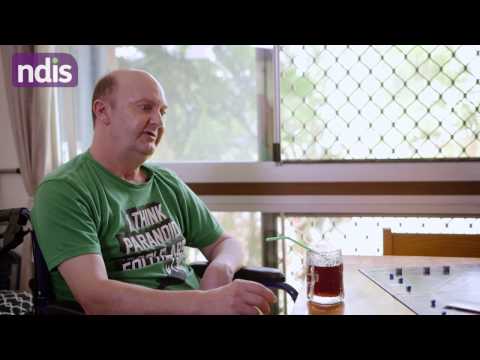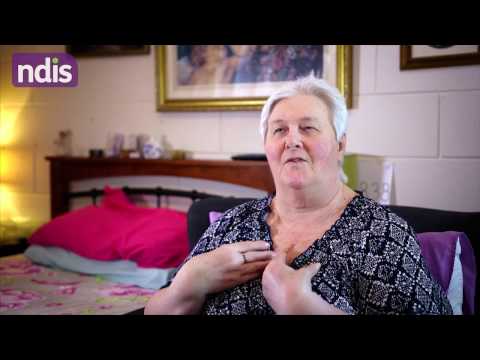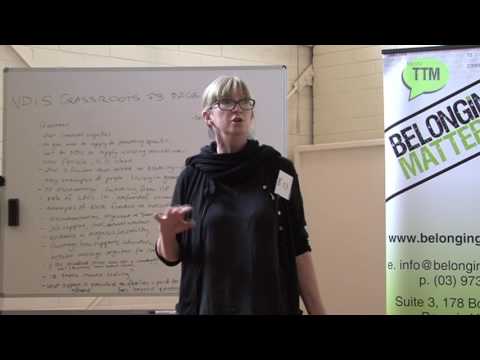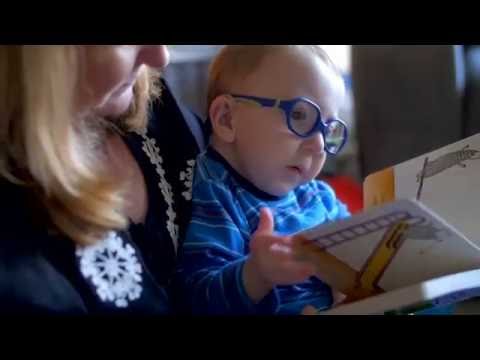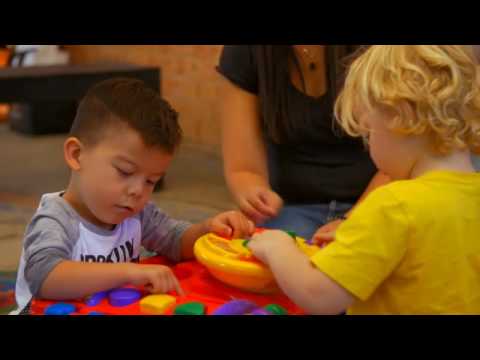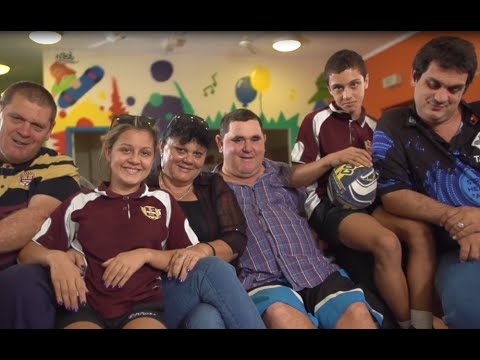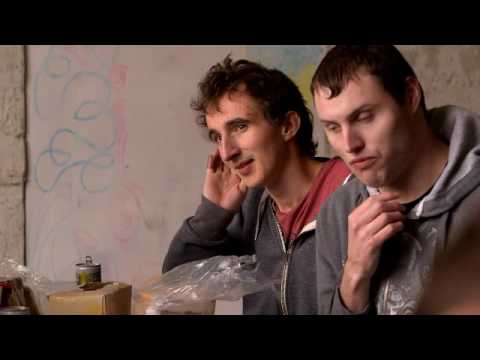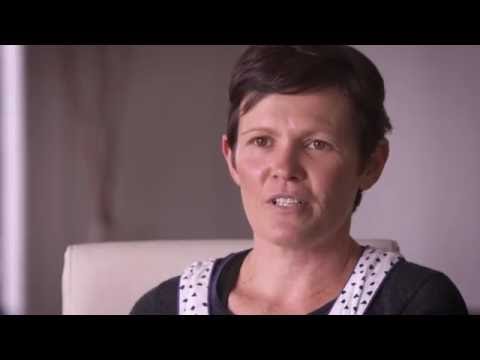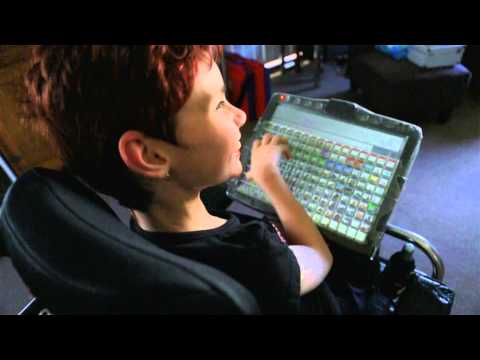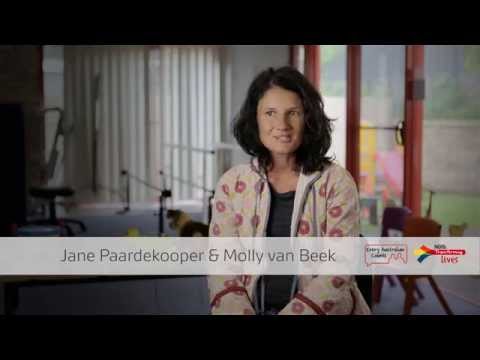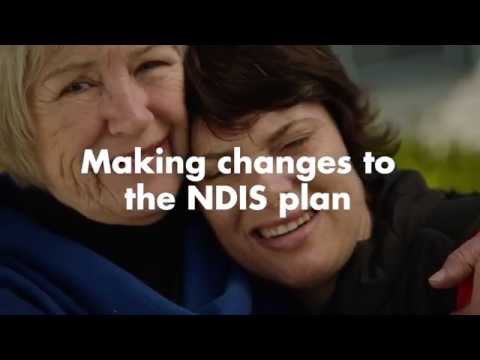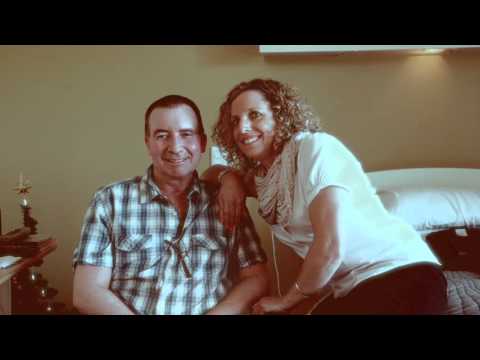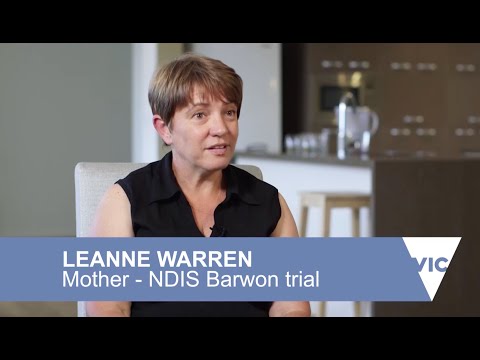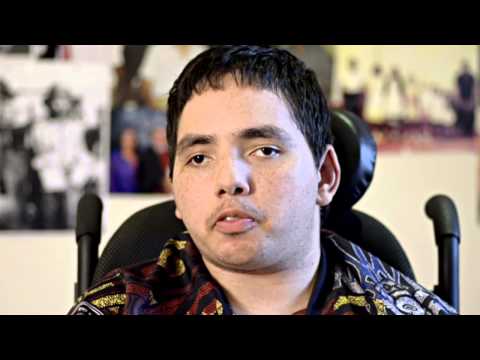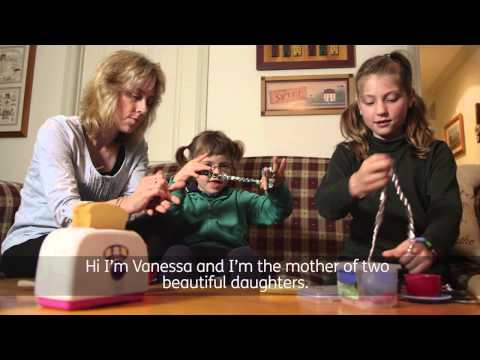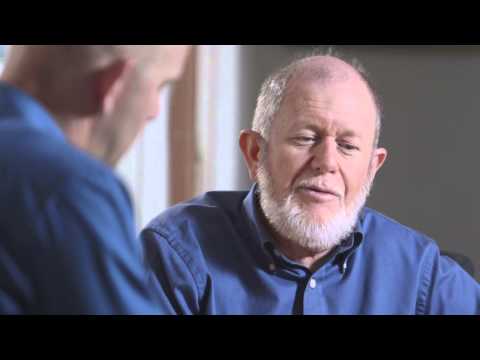A self-directed approach enables me to recruit and choose my own team of staff who assist me to live in my own home - Carolyn Campbell-McLean
After 25 years of independent living and using a wide range of services, staff and models of support, I believe the success of my care is based on the quality of the relationships I have with my staff and the work I do to create my dream team.
Here are some things I’ve learnt along the way.
Right person, the right fit
The choice of people who are involved in our lives (paid or unpaid) has a huge impact on our quality of life. These people will be in our life, in our homes, they will meet our family, and in some instances become part of the family. Trust and high-level rapport are essential. They need to respect our privacy and sensitively communicate. Both parties need to get along or, in my experience, it just doesn’t work. Most importantly they need to be reliable in committing to, and responsible when working with us.
Lower turnover is more likely when a good match is made – both parties invest in the relationship.
You need some stability and people who can show the newer team members the ropes, both in practical terms but also with attitude, process and behaviour. This is one of the most important elements of why I have secured a successful team. I have chosen people who are well-matched to me in many different ways.
Think outside the square to attract the right person
When I first started recruiting my team I looked for people with experience in manual handling, personal care and disability. People who were ‘care professionals’ often came packaged with inflexible and sometimes downright patronising attitudes.
So I began thinking outside the square.
I started by looking at the qualities of the person rather than their qualifications or experience.
After all, I could train people in the role and how it was done. Shaping attitude is much more difficult. Now, half of my team has no prior experience in care work or disability. I have a hairdresser, a former waitress studying nursing, OT student and a mum of four. I find that diversity creates unity!
Consider your own values and what values are or are not relevant to the role. State these in the advertisement. Use values and behavioural based questions when interviewing. Give them a scenario and ask them ‘what would you do if……’. I always want to know how mature and emotionally intelligent they are.
Where to look
Thinking about qualities and the type of person also helps you answer the question – where might I find a person like that? For example, if you want to find young people try social media or TAFE/uni student unions. You can target particular courses – allied health are usually great!
Options include word of mouth, Facebook, promoting through email to networks, job agencies, collaborating with others, asking organisations to promote through their networks.
The latest option is the online platforms – eg. HireUp, Mable. These are useful if you want to onboard staff quickly as their checks and paperwork are already done. It’s a good way of testing out staff to see if you click with them. If you’re not happy it’s much easier to ‘not book’ them again rather than go through a dismissal process if you’d employed them directly.
The issues I have with finding support workers through platforms is that they may already be working with one or more other people, and you can end up competing for their availability.
One of my most recent successes has been in employing the daughter of one of my most reliable and senior staff – good values tend to be genetic!
First steps – I only accept applications via email as this proves they are able to communicate via email. I then contact people who look suitable by phone or email and arrange interviews. I interview with a current staff or family member.

Get the best from your team
It’s essential to be clear about your needs. Honesty is the best policy. And be clear about what you expect from them. In addition to being verbally clear, use a responsibility checklist, or more formal contract.
It takes skills in negotiation and sometimes creative thinking if shifts need to be swapped or changed in emergencies. For instance, staff contact me directly if they are sick or have another problem getting to their shift. I can then assess the situation, and I generally know the schedules of each team member. I may offer a bonus if it is late notice. If I get stuck, I have the numbers of a few agencies that are 24 hour contactable who could find staff.
I never rely on family to fill in. Unlike the bad old days when I was constantly getting stuck without support, busting for the toilet or missing out on meals.
With the right team, you work with people who understand a ‘give and take’ approach, are flexible and have the will to help you to solve problems.
Keep the right people
Once you have created a great team it takes work to maintain it.
Just like anything maintenance and servicing (training) cannot be overlooked.
This article is the final part of a series by Carolyn Campbell McLean.
Missed a part? Go back and read Carolyn's other articles here:
Part 1: Living in strange times: the COVID-19 World Part 2: NDIS Self-Management the ultimate in choice and control of your fundingIDEAS does information so you can do life. Subscribe to our eNews to keep up to date.

